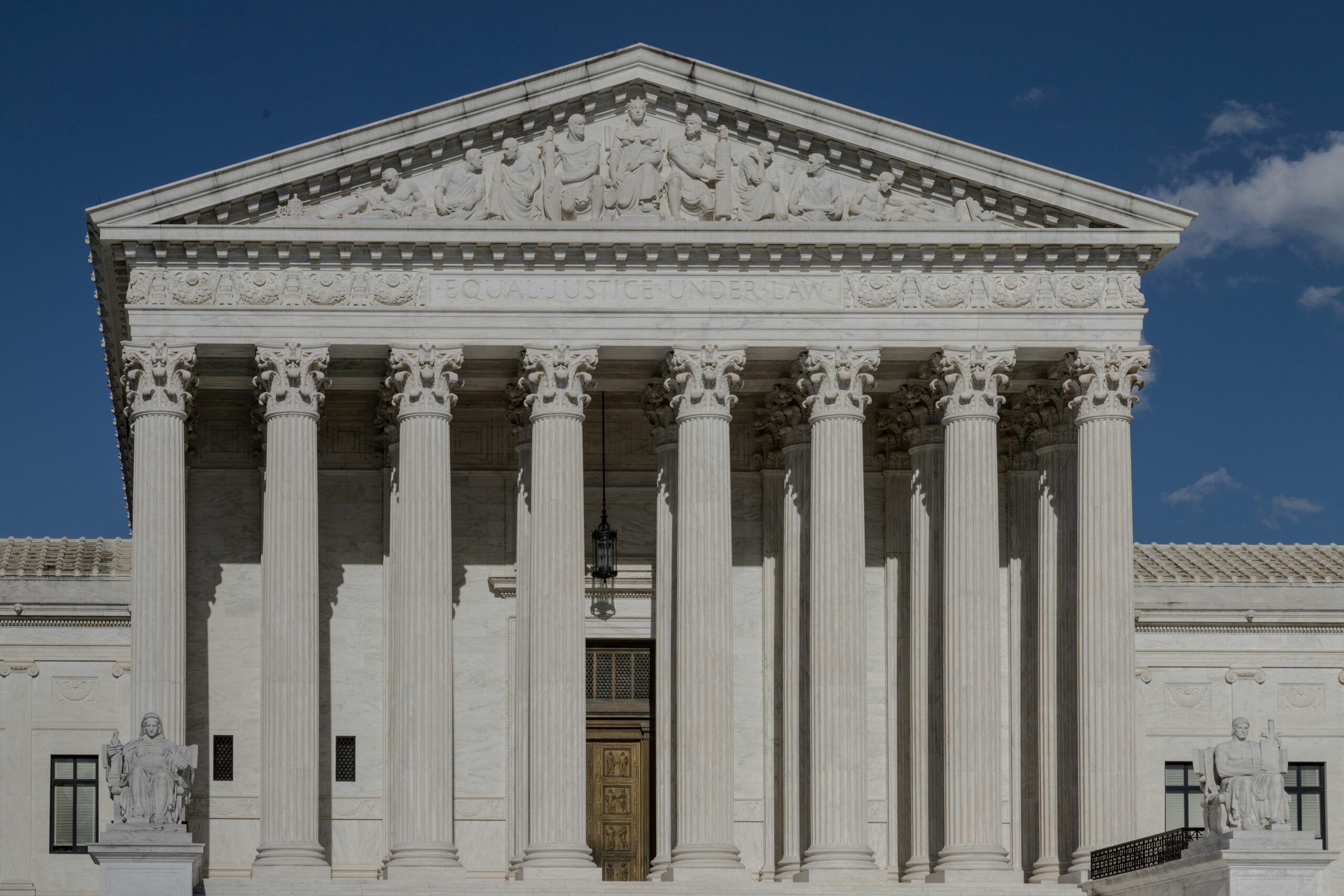Chartered Trade Mark Attorney, Alexandra Nott explores some of the reasons that trade mark protection remains crucial in today’s business environment.
READ MOREFeatured Insights
Chartered Trade Mark Attorney, Alexandra Nott explores some of the reasons that trade mark protection remains crucial in today’s business environment.
In this insight, Biotechnology partner Kit Wilkins reviews the US Supreme Court’s decision to Consider “Skinny Labels” in Generic Drug Patent Dispute. The decision could result in significant implications of generic medicines in the US.
In this insight, Holly Rocliffe from Dehns Biotechnology group explores the recently handed down decision in Otsuka Pharmaceutical Co Ltd v Sun Pharma ANZ Pty Ltd [2025] FCAFC 161[1], in which the Full Court of the Federal Court of Australia (Full Court) has ruled that patent term extension (PTE) is only available for patents which claim an active pharmaceutical ingredient (API).
The first decision from the UPC on sufficiency — handed down in the Amgen v. Sanofi case — provides the first clear guidance on how the court will address whether a patent’s disclosure is sufficient.
In this insight, Dehns Partner Rob Jackson and Conor Wilman from our Technology, Software and Engineering group explore the UPC’s Court of Appeal recent issues of two important decisions about how it will assess inventive step in patent cases.
The UK Intellectual Property Office (UKIPO) is consulting on possible changes to the UK design framework with the aims of improving design validity, simplifying the regime, and protecting emerging forms of design.
The G1/23 ruling from the European Patent Office marked a pivotal shift in how marketed products are treated as prior art, redefining the principles of reproducibility and disclosure across Europe. Dehns has collaborated with international patent experts to provide a global perspective on the ruling.
The intersection between plant sciences and intellectual property (IP) rights (patents and plant variety rights) has been a thorny area for a number of years, particularly in Europe with respect to genetically-modified (GM) plants. In this insight, Biotechnology Partner, Kit Wilkins explores this area and the recent issue of a position paper from AIPPI.
Nera Innovations Ltd. (Nera), a patent holding company owned by Atlantic IP (a non-practising entity), has lost an infringement action against Xiaomi Communications Co., Ltd.; Xiaomi Inc.; Xiaomi Technology Netherlands B. V. and Xiaomi Technology Germany GmBH (Xiaomi).
This decision concerned an application for provisional measures, in particular an anti-anti-suit injunction (‘AASI’), by Avago Technologies International Sales Pte. Limited against the defendant Realtek Semiconductor Corporation
Subscribe here for updates on IP news, events and webinars.
|







